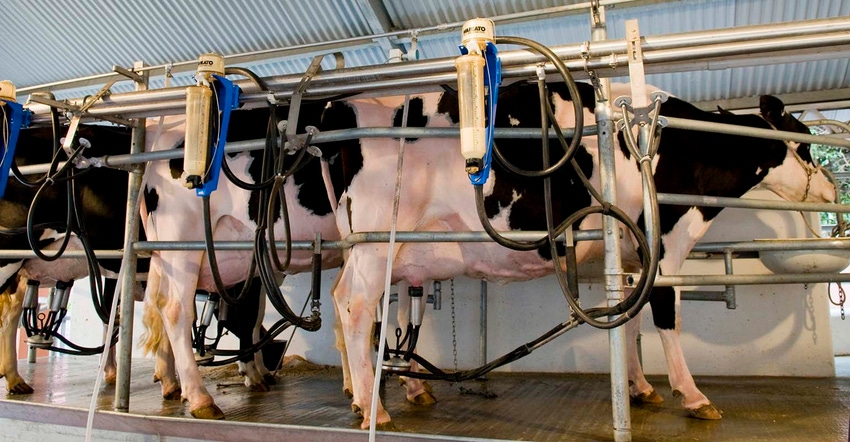April 26, 2018

A bipartisan coalition of Congress members, representing states on both coasts and in the Midwest, sent a letter to Ambassador Robert Lighthizer urging him to demand an end to Canada’s Class 7 pricing program, as well as its dairy tariffs, during North American Free Trade Agreement negotiations.
In the letter, Reps. Lloyd Smucker, R-Pa., Ron Kind, R-Wis., Chris Collins, R-N.Y., Suzan DelBene, D-Wash., and 64 additional representatives expressed their concerns about Canada’s unfair trade practices on behalf of America’s 40,000 dairy farmers and the nearly 3 million workers whose jobs are tied to dairy product manufacturing. Canada has imposed stiff tariffs of 200% to 300% on U.S. dairy exports for many years.
“We commend the efforts of these congressmen for tackling Canada’s ever-expanding list of restrictive trade policies, which have had a negative impact on our U.S. dairy industry and the U.S. economy overall,” said Michael Dykes, D.V.M., president and CEO of the International Dairy Foods Association. “Canada’s Class 7 milk pricing policy, implemented 14 months ago, artificially lowers milk ingredient prices and incentivizes the substitution of domestic Canadian dairy ingredients for imported ingredients. It also promotes the dumping of Canadian proteins onto world markets at below-market prices.”
“Our dairy farmers are facing dire economic conditions this year, and the Canadian pricing scheme and tariffs are curtailing much-needed markets for U.S. dairy products. NAFTA should not be concluded without securing provisions that curb Class 7 and any other trade-distorting pricing scheme to ensure that U.S. dairy products can compete fairly in Canada, as well as in other markets,” said Jim Mulhern, president and CEO of the National Milk Producers Federation. “It is time to for Canada to eliminate all dairy tariffs so we can have true free trade across North America for all commodities.”
“It is critical that the U.S. pursue an aggressive strategy to stop Canada’s ongoing and intentional disregard of its trade commitments to the harm of U.S. dairy farmers and exporters. Otherwise, Canada’s new policies will chip away not only at the current trade with Canada but also at our trade surpluses to other markets that import milk powder as well,” said Tom Vilsack, president and CEO of the U.S. Dairy Export Council.
Source: National Milk Producers Federation
You May Also Like




